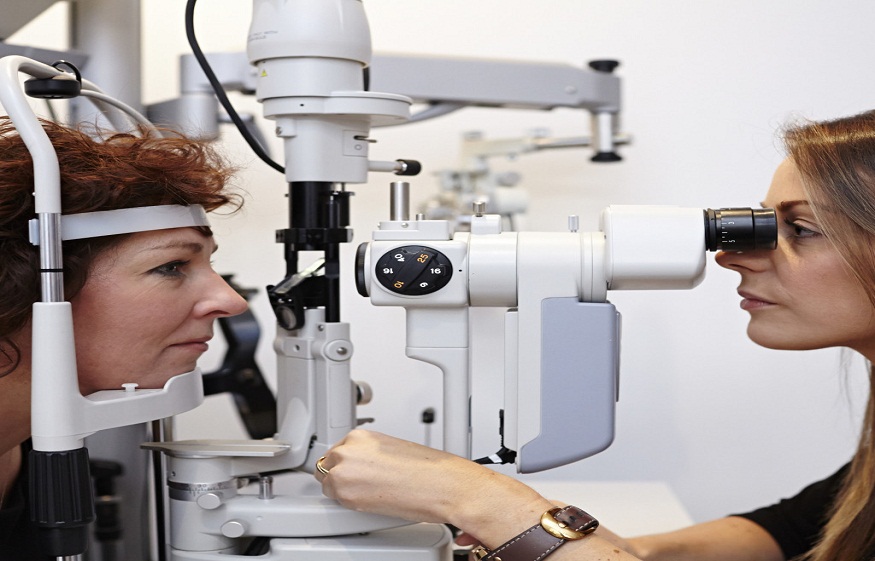Neurological disorders present significant challenges for both patients and healthcare providers due to their complexity and often limited treatment options. While conventional medications serve an important role in managing symptoms, many patients continue to experience limited relief and devastating adverse effects. In recent years, there has been a surge of interest in alternative medicines, including the use of THC (tetrahydrocannabinol) oil extracted from the cannabis plant as a potential additional treatment for a variety of neurological diseases. This article discusses the ongoing research and therapeutic possibilities of THC oil India oil in neurological illnesses.
Let’s first understand THC and cannabinoids
THC is one of the many cannabinoids present in cannabis plants and is recognized for its euphoric properties. However, it also has medicinal abilities such as helping to alleviate pain and providing anti-inflammatory and neuroprotection support.
Cannabinoids interact with the endocannabinoid system, which is a complex network of receptors and neurotransmitters that regulates a variety of physiological functions such as pain, mood, appetite, and memory. It is because of this influence on ECS, that one is able to experience the benefits of THC oil India.
Neurological Disorders with Therapeutic Potential:
Neurological disorders include a wide range of conditions that affect the brain, spinal cord, and nerves, such as epilepsy, multiple sclerosis (MS), Parkinson’s disease, and neuropathy. Traditional treatments for these conditions generally focus on symptom management rather than addressing the underlying causes. Emerging preclinical and clinical studies suggest that THC oil may offer a number of therapeutic benefits in neurological disorders:
- Epilepsy: Epilepsy is a neurological condition marked by recurring seizures. Cannabinoids, notably CBD (cannabidiol) and THC appear to help lower seizure frequency and intensity in certain people with treatment-resistant epilepsy. Epidiolex, a CBD-based medicine, has been approved by the FDA to treat some types of epilepsy, demonstrating the potential of cannabinoid-based treatments in seizure management.
- Multiple Sclerosis (MS): MS is an autoimmune illness that affects the central nervous system, causing inflammation, demyelination, and neurological damage. Cannabinoids, including THC, have been demonstrated in studies to have anti-inflammatory and neuroprotective qualities, which may help reduce symptoms like muscle spasticity, pain, and bladder dysfunction in MS patients.
- Parkinson’s Disease: Parkinson’s disease is a progressive neurological ailment involving motor symptoms such as tremors, stiffness, and bradykinesia. While current treatments mostly rely on dopamine replacement therapy, research suggests that cannabinoids, particularly THC, may influence neurotransmitter function and give symptomatic relief in Parkinson’s patients, potentially supplementing existing treatments.
- Neuropathic Pain: Neuropathic pain, caused by nerve system damage or malfunction, can be difficult to treat with traditional analgesics. Cannabinoids have shown analgesic properties in preclinical and clinical investigations, making them a prospective treatment option for neuropathic pain disorders such as diabetic neuropathy and postherpetic neuralgia.
- Anxiety and Depression: Depression and anxiety are typical comorbidities with many neurological illnesses, and they have a major impact on patients’ quality of life. THC, in low to moderate doses, has been proven to have anxiolytic and antidepressant effects via modifying neurotransmitter activity in brain areas involved in mood regulation, providing relief from anxiety and sadness.
- Sleep Disturbances: Individuals with neurological illnesses frequently experience sleep abnormalities, which contribute to daytime weariness and reduced cognitive function. THC oil may help regulate sleep-wake cycles and enhance sleep quality by encouraging relaxation and shortening sleep latency, thereby easing insomnia and other sleep problems.
- Neuroinflammation: Neuroinflammation is a key factor in the disorder’s of many neurological illnesses, causing neuronal damage and disease progression. THC has anti-inflammatory properties by blocking the release of pro-inflammatory cytokines and immune cell activation, which reduces neuroinflammation and preserves neuronal integrity.
- Cognitive Function: Cognitive impairment is a typical symptom of many neurological illnesses, impairing memory, attention, and executive function. While chronic, high-dose THC usage can impair cognitive performance, low to moderate dosages have been linked to neuroprotective benefits, potentially alleviating cognitive deficiencies in specific patient populations.
- Appetite Stimulation: Loss of appetite and weight loss are common issues related to neurological illnesses, which can be caused by disease symptoms or drug side effects. THC, renowned for its orexigenic characteristics, can stimulate appetite and boost food intake by activating cannabinoid receptors in the brain’s appetite-regulating centre, assisting patients in maintaining their nutritional status and overall well-being.
Important Aspects to Know
Despite increasing data suggesting THC oil’s medicinal potential in neurological illnesses, various problems and issues must be addressed:
- Not every brand in India is allowed to sell THC oil. Only a handful of brands have gotten the license from the Ministry of Ayush and Hempstrol is one of them where you can order thc oil. Buying THC oil from the unregulated market has health repercussions and hence, it is absolutely not recommended.
- Brands like Hempstrol that are licensed by the Ministry of Ayush ensure the quality, purity, and consistency of THC oil products.
Conclusion:
In conclusion, THC oil shows promise as an adjuvant therapy for a variety of neurological illnesses, with potential benefits in controlling symptoms. However, more study, including well-designed clinical trials, is required to determine its safety, efficacy, and long-term impact. As our understanding of cannabinoids and their therapeutic effects advances, THC oil may emerge as a vital addition to the therapy for neurological illnesses, bringing hope to both patients and their families.



